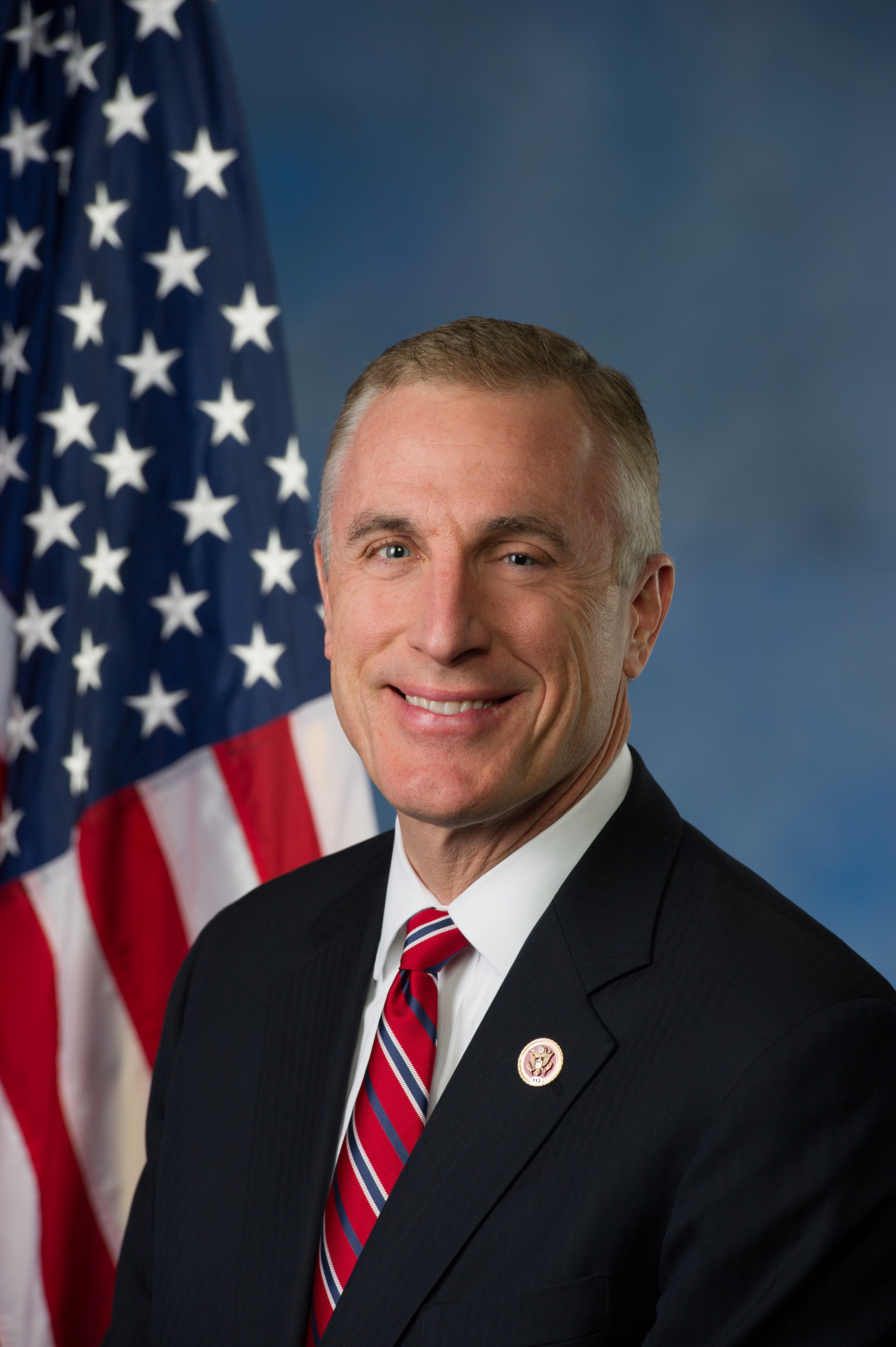In case you’ve been kidding yourself that public care for the mentally ill is snugly enfolded in the bosom of America’s state government systems, and monitored by informed, crackerjack news organizations, take a look at the peculiar string of factoids stumbling forth from Oregon.

That, as Dan Rather used to say, is what we think we know at the moment. Beyond this base, information remains sketchy, motivations murky, the announced rationale questionable, and the future of the facility’s patients up in the air, where the futures of such unfortunate human beings generally reside.
But why?
The governor herself—a Democrat, by the way, and thought of as generally progressive—has attributed the necessity to, brace yourselves, a tight state budget. Tight budgets are virtually always given as the reason for tapping into funds and facilities for mental health care, which in turn are virtually always the first areas to be tapped in a budget pinch.
But is Oregon really suffering a budget pinch?
Governor Brown pointed to a “projected” $1.7 billion revenue shortfall set against expenses for 2017-19. She intends to narrow this gap partly by raising taxes on cigarettes, liquor, and hospitals (a grouping that one does not often encounter). Yet a “Revenue Outlook” released by Oregon.Gov begins by reporting that “Oregon’s general fund outlook remains stable” https://www.oregon.gov/das/OEA/Documents/revenue.pdf and that revenues “are expected to total $19,526 million in the 2017-19 biennium, an increase of 8.4% percent from the prior period,” although $40 million below the September forecast.
So, again, to paraphrase Donald Trump—“Pinch?—or no pinch?”
Even if the Governor is drawing upon more reliable comparisons than are readily available to an outsider, it seems peculiar, bordering on bizarre, that she would choose the Junction City Mental Health Hospital as a first-round sacrifice.
Junction City opened to great applause and greater hope in March 2015, its features harkening back to the exalted “Moral Treatment” designs of the 19th century. (The cost was either $180 million or $84 million, depending on which Oregon press account you read, a testament to the quality of press scrutiny. As of this writing, no major outlet has done an in-depth examination of the proposed closing or the political dynamics behind it. My own calls and emails to Oregon reporters are as yet unanswered.)
Its rehabilitative amenities include a library, spiritual center, hair salon, fitness rooms, classrooms, a gym, and outdoor quads. Patients can go on outings (after a review process, learn social skills and money management, acquire cooking skills and learn how to call for help.
And in case those humane offerings might strike some taxpayers as a little—oh—cushy for people who are, well, you know; consider this: the alternative to clinical rehabilitation is, typically, jail or prison. These systems, dumping-grounds for an obscene number of afflicted people, add up to a far greater drain on public revenues than does rehabilitation. Oh, and by the way, they tend to be unspeakably barbaric. To the sane and insane alike.
In early May 2015, less than two months after Junction City opened, a public-interest group called Disability Rights Organization (https://droregon.org/bhu/) released a report that found “Oregon prisoners with severe mental illness are routinely tasered, pepper-sprayed, isolated, and denied access to adequate mental health care.” (“Isolated,” by the way, means “placed in solitary confinement,” the single most devastating assault prison guards can levy on a mental-illness sufferer.”)
As I write in NO ONE CARES ABOUT CRAZY PEOPLE, this list of sanctioned atrocities has changed hardly at all from the horrors of Bedlam Asylum more than 700 years ago, save for the technology.
I will continue to monitor the developments surrounding Junction City in the coming days, and the bedrock reasons behind the governor’s decision. Meanwhile, the links below offer a fuller discussion of some of the points I have raised.


